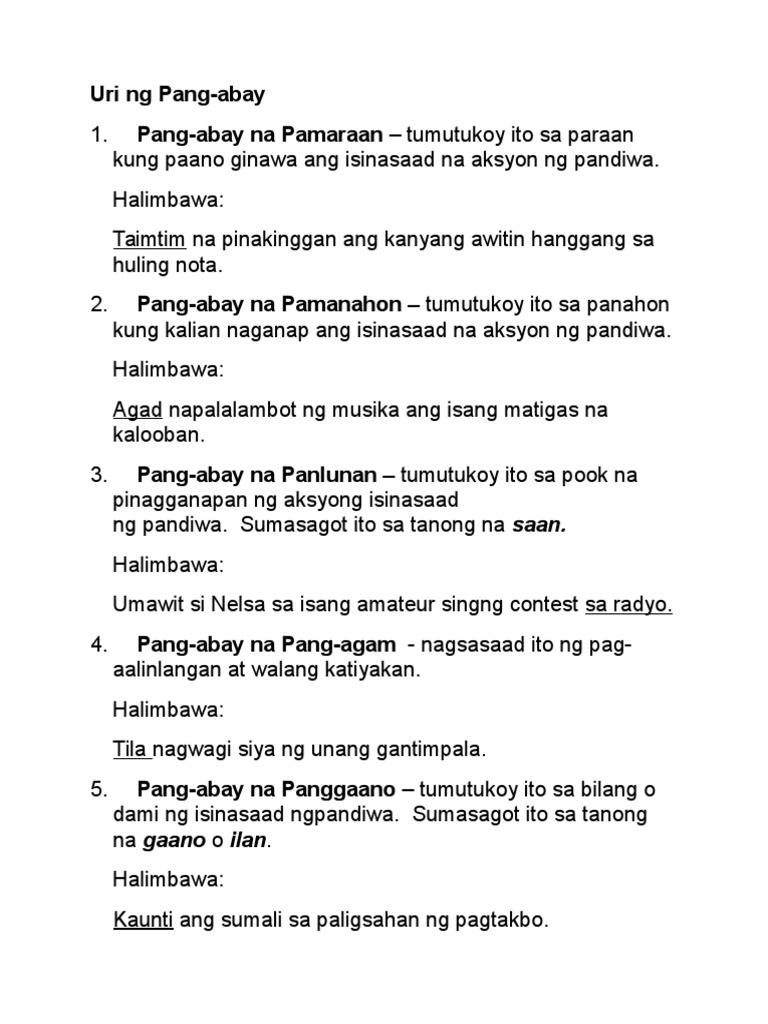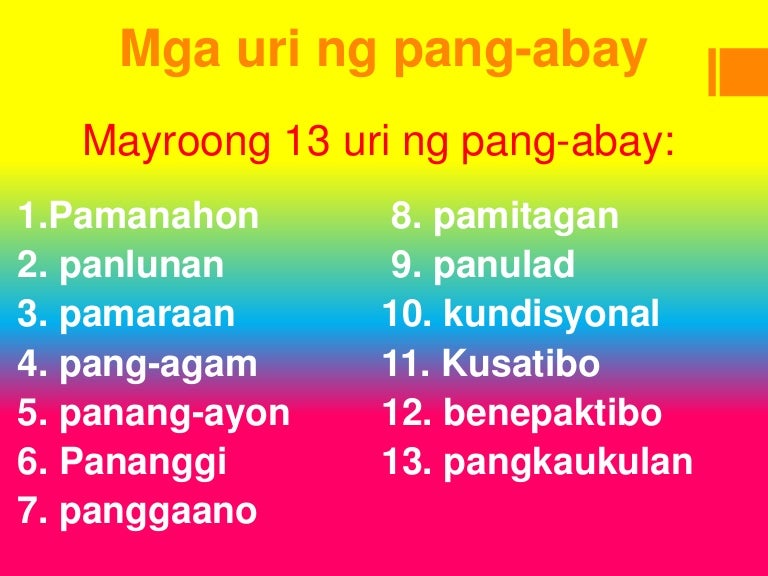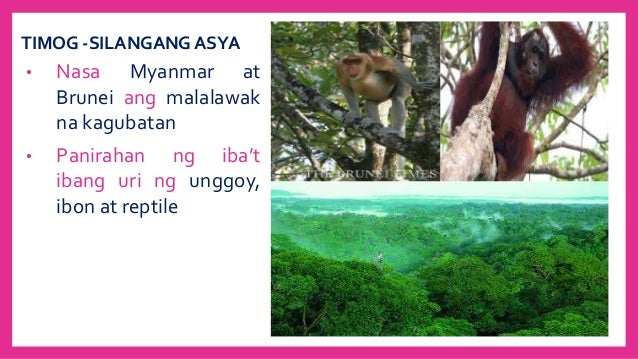Biak Na Bato National Park History
The park also extends to the nearby municipalities of San Ildefonso and Doa Remedios Trinidad covering a total area of 2117 hectares. Hanging bridges and staircases connecting rivers and caves make for a pleasurable explorationAmong the many ecological attractions in Biak-na-Bato.

At Biak Na Bato Shrine At San Miguel Bulacan Caving Surveying At Biak Na Bato National Park Philippines Image Credit J National Parks Philippines San Miguel
Nature and History - See 17 traveler reviews 42 candid photos and great deals for San Miguel Philippines at Tripadvisor.

Biak na bato national park history. Emilio Aguinaldo and Pedro Paterno. Jul 29 2013 Biak na Bato. Safety How YouTube works Test new features Press Copyright Contact us Creators.
History has it that Filipino revolutionaries like Emilio Aguinaldo used the numerous caves of Biak na Bato as refuge when they fought against the Spaniards. It was declared a national park in 1937 by President Manuel Luis Quezon by virtue of its association with the history and site of the Biak-na-Bato Republic. 14 talking about this.
About Press Copyright Contact us Creators Advertise Developers Terms Privacy Policy. A huge split boulder which is the mountain hideout of the revolutionary forces during the Spanish regime and the place where the Malolos Constitution was signed by Gen. Oct 07 2016 UNVEILING THE HISTORY Declared as a national park by Pres.
Historical Place that. Nature and History - See 17 traveler reviews 42 candid photos and great deals for San Miguel Philippines at Tripadvisor. Surrounding the southern edge of the Sierra Madre range and located a few kilometers from San Miguel Bulacan Biak na Bato is o ne of the countrys ecological and historical treasures.
19 talking about this. It was declared a National park by then President Manuel QuezonIt. May 02 2020 Biak-na-Bato National Park is a protected area of the Philippines located almost entirely within Barangay Biak-na-Bato in San Miguel Bulacan from where it d.
Apr 01 2017 Biak na Bato National Park. A historical ecological and archaeological destination in the Province of Bulacan. It offers a track back in history when the revolutionaries took refuge in hidden caves along the mountainous landscape of San Miguel to cure wounded revolutionaries gather armors and hold secret.
Sep 27 2017 Biak-na-Bato National Park in Bulacan declared in 1937 was the impenetrable natural fortress of the Katipuneros and the one-time seat of the revolutionary government. It was declared national park by President Manuel L. May 13 2021 Illegal settlers are continually encroaching into and beyond the buffer zone.
Biak-na-Bato was first declared as a National Park in 1937 by then President Manuel L. To those who have no idea heres a quick info about the Biak-na-Bato Republic. It is where the historic Biak-na-Bato Republic was establishedThe park appeals to the adventurous spirit with its challenging rock formations.
Jan 01 2013 Biak na bato is known for both of its natural and historical value. Apr 12 2017 Biak na Bato National Park. Biak-na-Bato National Park is an important historical tourist destination located almost entirely within Brgy Biak-na-Bato in San MiguelBulacan from where it derives its name.
BIAK NA Bato National Park-SAMAKABA Association Tour GUIDE San Miguel Bulacan. The park consists of a cave network and a system of rivers and trails of both historical and. Manuel Quezon in 1937 by virtue of its association with the history and site of the Biak-na-Bato Republic.
Oct 18 2015 A trip to Biak-na-Bato in the town of San Miguel in Bulacan takes you back to the era when Filipino Katipuneros took their plan of revolt against the Spanish conquerors. The park also extends to the nearby munuciplalities of San Ildefonso and Dona Remedios Trinidad covering a total area of 2117 hectares. Jun 22 2013 The Pact of Biak na Bato The Pact of Biak-na-Bato signed on December 15 1897 created a truce between Spanish colonial Governor-General Fernando Primo de Rivera and the revolutionary leader Emilio Aguinaldo to end the Philippine Revolution.
Literally known as split boulders it was the mountain hideout of the Filipino revolutionary forces during the Spanish regime. The caves of Biak na Bato are no ordinary caves. Succeeding presidential proclamations have slashed almost 70 of the parks original size in order to accommodate extractive practices.
Quezon with an area of 2117 hectares.












